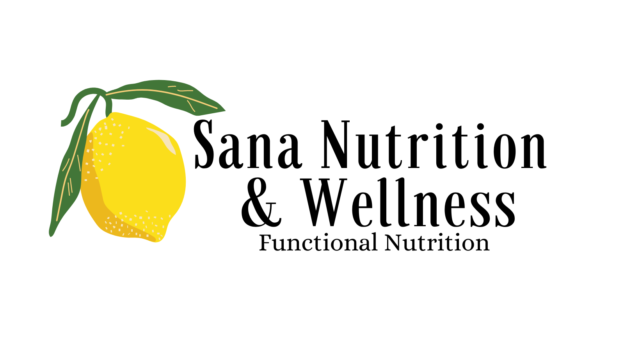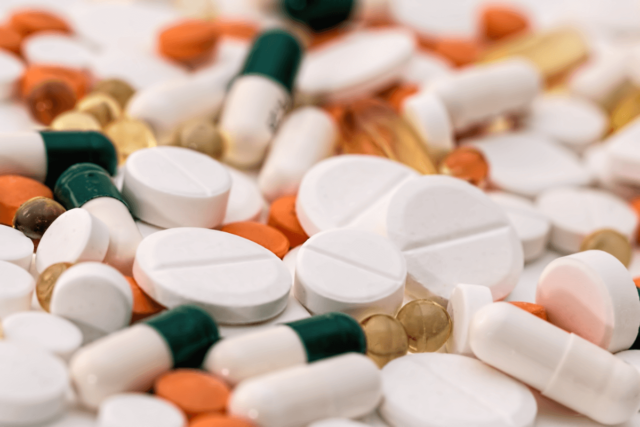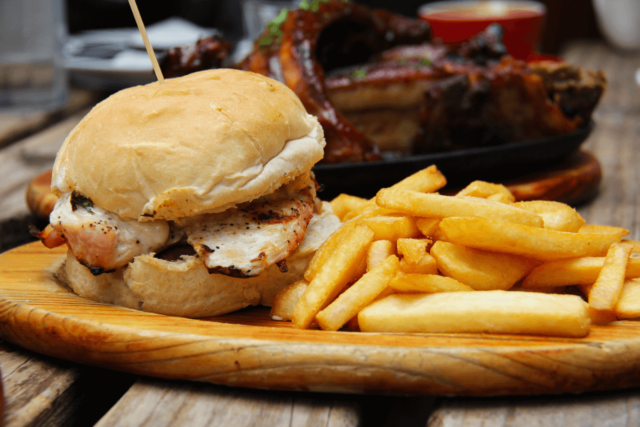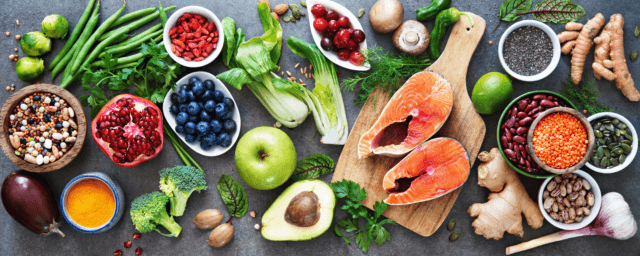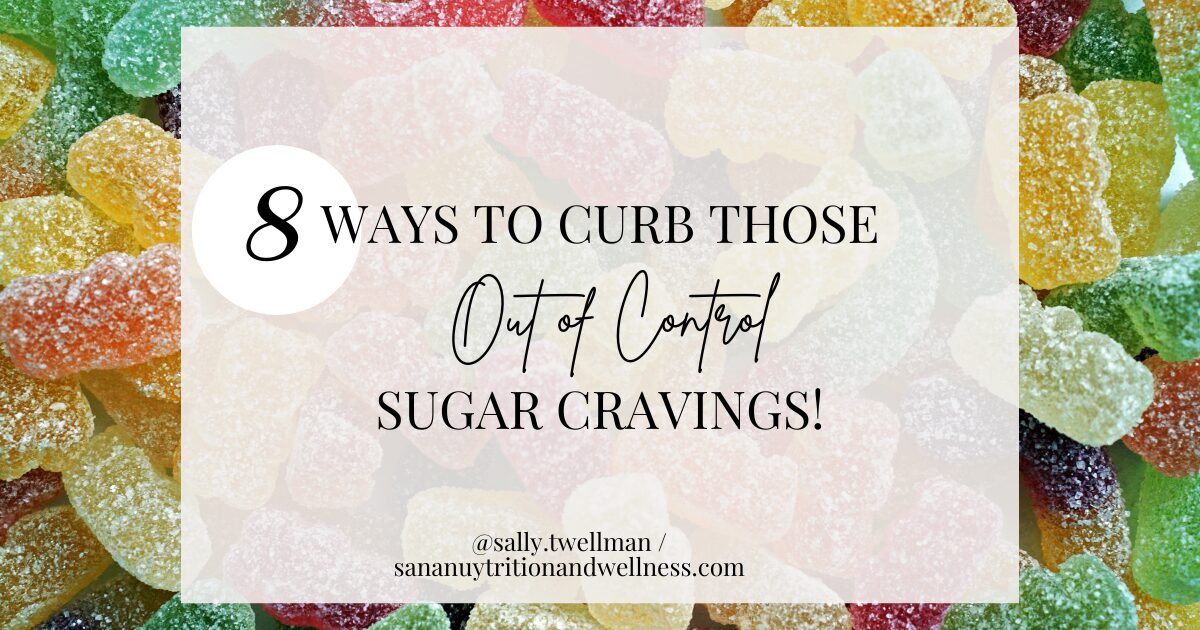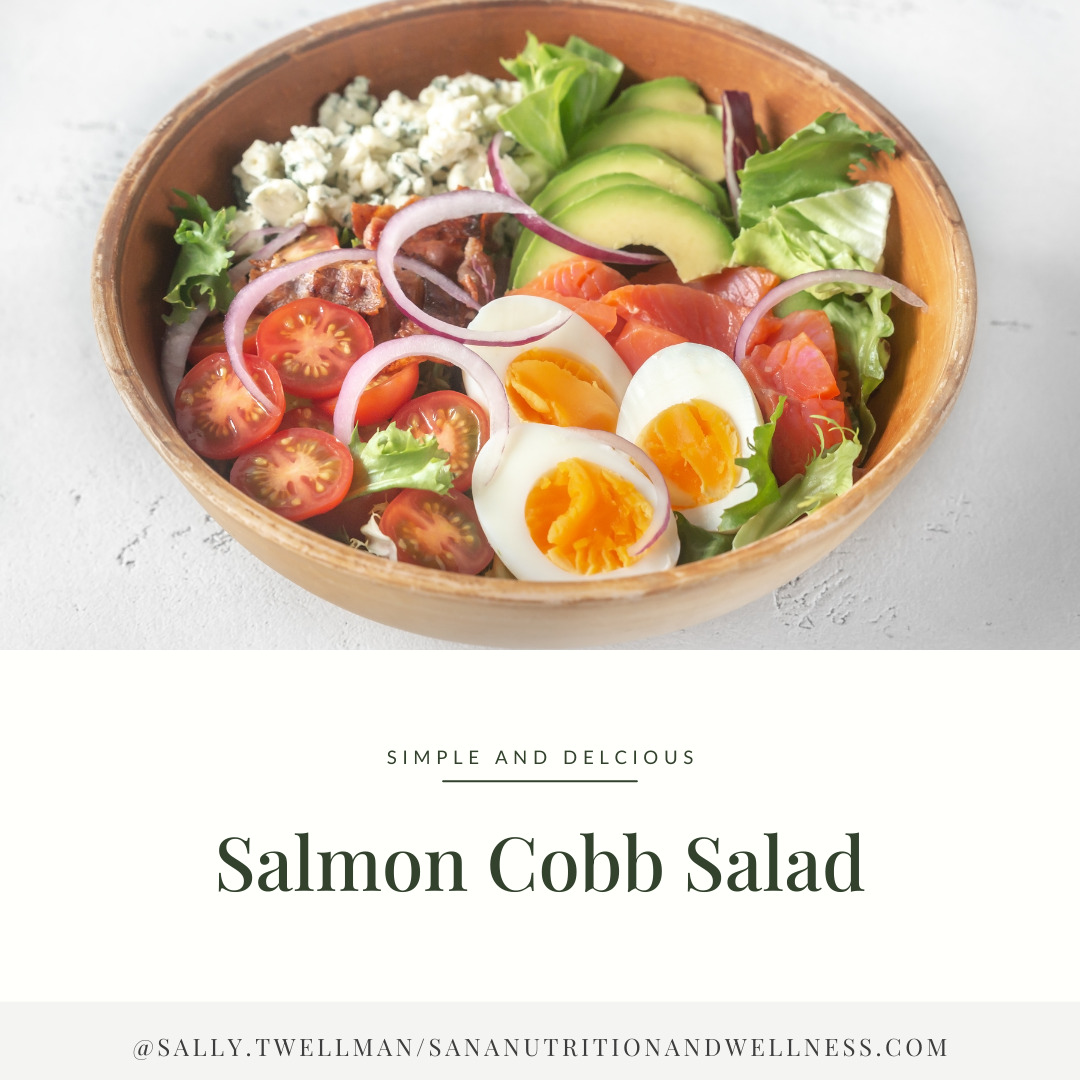In this wellness series, I am talking about one of the most critical but under-addressed aspects of our digestive health. The GI tract is the root of our health. The GI tract contains billions of essential microorganisms, called our microbiota. They perform a myriad of critical functions that keep our body functioning well, like communicating with our immune system, extracting and making key nutrients, supporting metabolism, supporting our GI cell health, and so much more.
Imbalance in our microbiota (dysbiosis) and the inflammation it causes can trigger many of the issues we spend so much time managing, like obesity and weight gain, diabetes, heart disease, neurological and mental health conditions…etc. If you haven’t yet, read Part 1 of this series. It goes into more detail about these conditions.
Today, in Part 2, I want to talk more about The Problem the dysbiosis, and it’s common causes. Then FINALLY, I will tell you what you can do about it in Part 3: The Cure (my favorite part!)
Causes of Dysbiosis:
There are A LOT of things that influence our microbiota, there is no way I can talk about ALL of them, but I will talk about the common ones, which are also the ones that we have the most control over. Yay! Happy Day!
Antibiotic use:
Antibiotics are a medical marvel. They have saved us, reduced infant and childhood mortality death after childbirth, and stopped us from dying from everyday things like a tooth infection (you know that’s what killed King Tut of Egypt, right!?)
I am so thankful for so many modern medical marvels of antibiotics, but they have a downside. Antibiotics are good at killing the harmful bacteria that make us sick, but they also kill the good bacteria that help us. When my son was an infant, he was sick all the time! It seemed like he was constantly on antibiotics, had pretty frequent diarrhea (a sign of dysbiosis), and even had some teeth enamel discoloration. And this is not a unique story; many kids need antibiotics for frequent infections as infants and small children. And this is necessary, and I would do it again. I would trust the doctors and give him antibiotics (poor baby, I just wanted him to feel better!). Still, had I known the impact of antibiotics on his microbiota, I would have been more proactive in keeping his GI tract as strong and healthy as possible. (More about how to do that in Part 3.)
One last note about antibiotics, they are needed when necessary, but sometimes they are overprescribed. They are also used in non-medical settings like being given o animals to help them grow fat (isn’t that interesting!), in commercial fisheries, and added soaps and lotions. All these sources impact our GI bacteria, and they are also fueling the emergence of antibiotic-resistant super-bugs (if you want to lose sleep at night, google this! It’s terrifying!).
Other Medications:
Some of the most commonly taken medications have been shown to influence dysbiosis.
- Oral contraceptives – many women start contraceptives from their teens through their 40s and beyond.
- Laxatives – for constipation
- Metformin and other diabetes medications – control blood sugars
- Proton pump inhibitors (PPI) – taken for heartburn
- Nonsteroidal anti-inflammatory drugs – examples: Ibuprofen and naproxen for pain
- Selective serotonin reuptake inhibitors (SSRIs) – depression and sometimes given as a first-line treatment for IBS
Ummmm, aren’t a lot of these conditions symptoms of dysbiosis? Why, yes, they are! Good catch!
What is so striking about this list is that many of these drugs are taken to treat conditions that have strong GI bacterial implications. For example, PPIs and laxatives, heartburn, and constipation are often a direct result of GI imbalance and poor cell wall integrity. SSRIs for depression; mental health has a strong link to gut health. Diabetes medications; blood sugar control is influenced by gut bacterial balance.
Which came first? The dysbiosis or these conditions? There is no way to know, but my hunch is the GI bacteria disruption came first, often starting in childhood or as a teen (from high antibiotic use and other factors. This slowly influenced the microbiota and impacted other conditions. And the manifestation of the individual condition depends on our physiologic and genetic makeup. But disease and health are rarely linear because the body is good at fixing and compensating, but the connection is strong. But what we do know is that we often have to start taking new medications to correct for the symptoms caused by other treatments.
I am not saying that you should stop taking your medications. Instead, start addressing some GI imbalances and see how it impacts your other conditions—more about how to do this later.
Environmental:
Chemicals in our environment and food, like fungicides, insecticides, and herbicides, negatively impact GI bacteria. For example, herbicides like Roundup are sprayed in high quantities on our grains and produce to kill unwanted weeds (the crop has been GMO’d to keep it from being killed). And this chemical sticks to our food as it is picked and processed. This chemical and others flow out of farmland and into our drinking water. It’s everywhere and highly toxic to us and our GI bacteria.
Poor Diet:
Our westernized, low-nutrient, low-fiber, low plant-food, high sugar, highly processed diet is a huge factor in the health of our microbiota. This diet of low fiber, highly processed, high carbohydrate food essentially starves our good bacteria while feeding the less helpful bacteria. Fiber is the food for our bacterial friends, and when they don’t get food, they die off and can damage the lining of our GI tract.
But the good news is, you have control over this! And giving your gut bacterial friends what they need, the helpful ones grow hearty and plentiful, making less room for the unhelpful microorganisms.
Limited Exercise :
Studies show that people who exercise regularly have a healthier and more diverse microbiome. The reason isn’t totally clear, and I will explore this idea more later. But it’s clear that limited exercise/movement = sickly microbiome, while regular exercise/movement = strong, robust microbiome.
Unmanaged Anxiety and Stress:
Ever have “Butterflies in your stomach” or a “nervous belly”? This is our nervous system “prepping” our GI tract to slow down and modify in some way to prepare to run fast for a saber-tooth tiger attack or woolly mammoth stampede. Oh, right, that’s not happening anymore! But our minds and bodies don’t know that, the same response is still happening when stress, fear, anxiety or whatever has our stomach tied up in knots. Of course, this stress response is beneficial in small doses, but we constantly stress about all the things in this day and age.
The nervous system and the GI tract are tightly linked (especially in some people), so when we feel chronically stressed, anxious, or emotionally distressed. This affects the health and integrity of the cells of our GI tract, which impacts our little GI buddies and our overall health.
Side note, are you seeing how interlinked all the systems in our body are? We are such beautiful complex beings, which is why one pill, one diet change, one lifestyle modification won’t heal your health issues. It takes a holistic, whole-person approach.
What exactly does a holistic, whole-person approach mean?
It means nourishing and caring for your whole self; mind, body, and spirit. It means eating a nourishing diet, making your body strong with daily movement, managing stress, and anxiety, and cleaning up your environment from toxins (chemical, situations, and people, ha!)
This holistic nourishing approach is the key to healing your gut overall good health. And the good news is that while so many things are outside of our control, taking nourishing action is within our control. And it will make you stronger and more resilient, so you can deal with all the things life throws your way, whether it’s health, kids, jobs, or whatever. Having robust health gives us an excellent foundation to tackle everything now and as “season”!
Ok, that’s probably enough for now! But my favorite part is coming up next! The “what to do about it part” I will give you simple, actionable steps you can take to get a more robust, healthier GI tract so that you can feel healthier and strong!
So stay tuned. Part 3: The cure will be out soon! In the meantime, take a second to notice, do you have any GI issues?
Could they be related to your health goals? Which of these possible causes could be the culprit?
